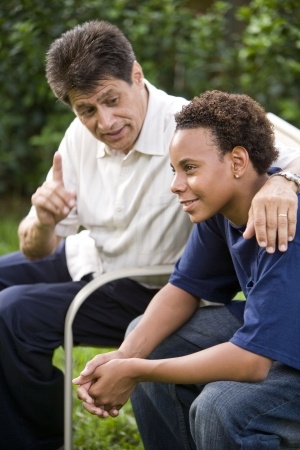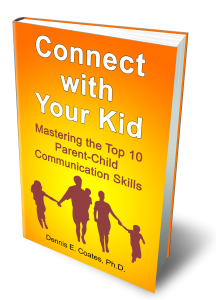What is it like to be a child? Do you have any memory of this? A refresher: Compared to any adult, a child is lacking in almost every way. Physically smaller than an adult, without financial resources, and woefully lacking in understanding about how the world and relationships work. As a result, based on the way children see themselves, they have a long road ahead to build the kind of self-esteem and self-confidence that is essential to success in life.
So when a child is criticized by an adult, it can have a devastating impact. They simply don’t have the inner strength to deal with verbal assaults in a healthy way.
It’s hard to be a child, and it’s hard to be a parent. It can be frustrating when a child misbehaves or makes mistakes, which they are likely to do while growing up and learning life’s lessons. The temptation is to react negatively, with criticism. “Why can’t you just do what I tell you to?” “Why did you do that?” “Look at the mess you’ve made.” And so on–the kind of language that attacks their weaknesses and imperfections, reinforcing the notion that there’s something flawed or inadequate about them.
There’s a far better way to react, a way that reinforces their potential. I call it constructive feedback. It goes like this:
- If you feel the urge to criticize, take two deep breaths, and
- Lead with a positive, such as, “I’ve noticed how kind and generous you often are.”
- Then describe the problem behavior: “But this morning I saw that when Jill asked to use your tablet, you wouldn’t let her.”
- Describe the consequence: “It seemed to hurt her feelings.”
- State the behavior you want: “Consider sharing your tablet with her. You can teach her things she needs to know. And it will motivate her to share things with you.”
- Finish with encouragement: “I know you love your sister. You’re her only big brother.”
If your child reacts to the feedback, respond with listening to understand. The idea is to sandwich your feedback with positives. This is what makes the feedback constructive.
You can learn more about constructive feedback and listening to understand–two very powerful skills–in the book, Connect with Your Kid: Mastering the To 10 Parent-Child Communication Skills.


